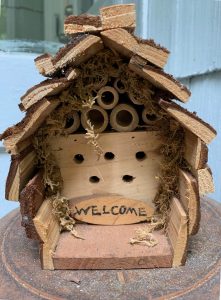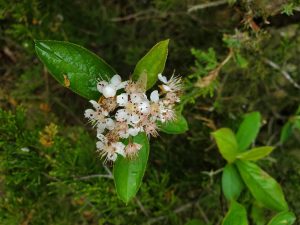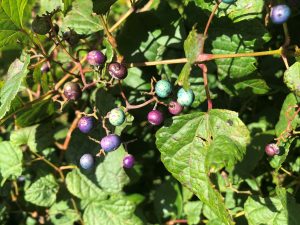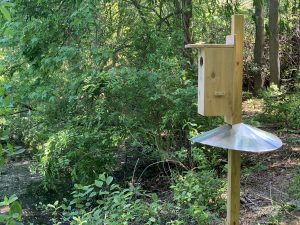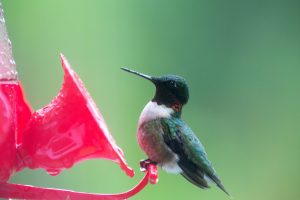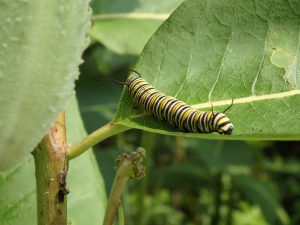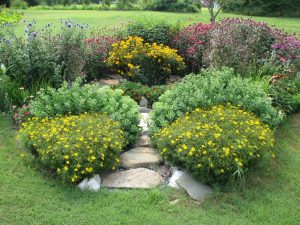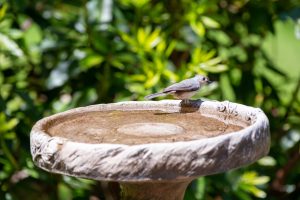Ticket Sales Have Ended
If you are a ticket holder you can access the recorded sessions HERE
That page is password protected – if you have forgotten your passcode please contact us at [email protected]
.
Agenda at a Glance
Garden for Wildlife Webinar – Beginning January 30th
Join New Jersey Audubon for this 8-session webinar series (and optional field trips) that provides a great foundation for how to make your space—no matter where you live—more inviting to wildlife. Gardening is a healthy outdoor activity and it makes a positive difference on your property and in our world.
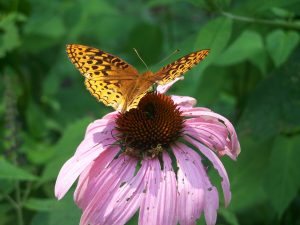
Your registration includes
• (8) 45-minute informational webinars with Q&A
Recorded and available for later viewing (registrants only)
• Three field trip experiences to learn side-by-side with NJ Audubon experts
• Educational Materials and Resources
• Access to webinar recordings
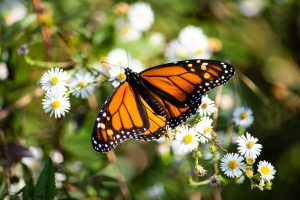
NJ Audubon members receive special discounts on registration and select program tickets. Not a member – join today.
Agenda
January 30th: How to Create a Certified Wildlife Habitat
Instructor: Kristin Hock
Discover the fundamentals of how to Garden for Wildlife. Learn why it is so important to create wildlife habitat and what key elements must be present to certify your space.
February 6th: Native Plants
Instructor: Stephanie Punnett
What is a native plant and how do you choose the best option for your space? You’ll get New Jersey Audubon’s top native plant picks for wildlife, learn planting strategy, and get resources on where to purchase native plants.
February 13th: Invasive Plants
Instructor: Levi Morris
Learn all about invasive plants and how to manage them. Understand how to identify New Jersey’s most common invasive plants and the many tools you can use to manage them on your property.
February 20th: Supplemental Shelters & Places to Raise Young
Instructor: Adehl Schwaderer
Shelter is a key component to any backyard habitat, as well as giving wildlife a place to raise young. Get an overview of different types of supplemental shelters and how to install them.
February 27th: Supplemental Feeders & Water Sources
Instructor: Emily Reed
Which type of feeder and water source is right for your space? Learn about the different types, how to care for them, the kind of animals they attract, and how to optimize the placement in your outdoor space.
March 5th: Special Habitats
Instructor: Mary Birrer
Half of the time will be spent learning about special habitats and the other half will be spent in discussion and answering questions.
March 12th: Designing Your Space Part 1
Instructor: Gretchen Whitman
Learn which native plants are appropriate for your space, when to plant with seeds, plugs, and potted plants, and where to source native plants.
March 19th: Designing Your Space Part 2
Instructor: Gretchen Whitman
Put your new-found knowledge into action to plan an eco-friendly, wildlife-beneficial landscape based on the principles presented in this webinar series.
Outdoor/In-Person Workshops: Dates TBD
- Lorrimer Sanctuary
- Scherman Hoffman Sanctuary
- Nature Center of Cape May
Each location will conduct a garden tour, discuss invasive species management, and help answer questions about garden design.




